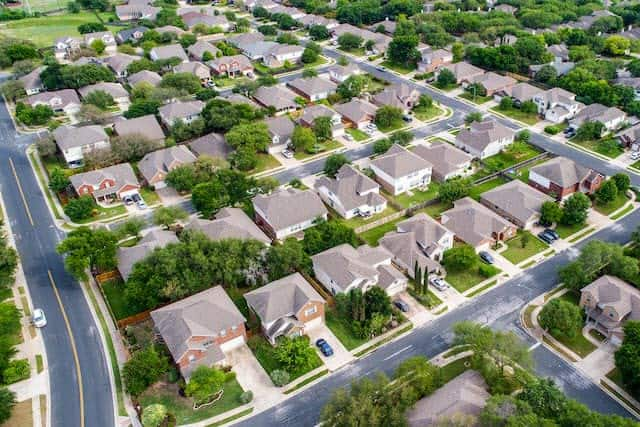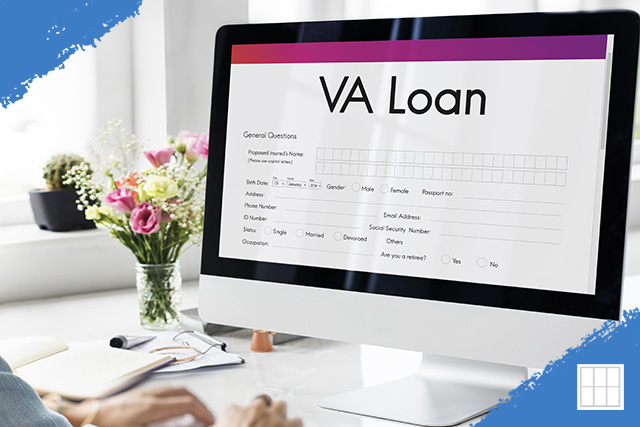Find the 2026 Kansas conforming loan limits by county below. Metropolitan Mortgage Corporation compiled the…

What is a Buydown Mortgage?
A buydown mortgage is a home loan where the borrower or a third party, such as a seller or builder, pays an upfront fee to reduce the interest rate for a specific period or the entire term of the loan. This arrangement lowers monthly mortgage payments, making homeownership more affordable, especially in the early years of the loan.
How Does a Buydown Mortgage Work?
In a buydown, the upfront payment is used to “buy down” the interest rate, meaning the lender agrees to charge a lower rate than the market rate. This fee is often expressed as discount points, where one point equals 1% of the loan amount. There are two main types of buydown mortgages:
-
Temporary Buydown: The interest rate is reduced for a set period, typically 1-3 years, after which it adjusts to the original rate. Common structures include:
-
3-2-1 Buydown: The rate is reduced by 3% in year one, 2% in year two, and 1% in year three before reverting to the full rate.
-
2-1 Buydown: The rate is reduced by 2% in year one and 1% in year two. Learn more about a 2-1 Buydown.
-
-
Permanent Buydown: The interest rate is lowered for the entire loan term, often by paying a larger upfront fee.
For example, on a $300,000 loan with a 7% interest rate, a 2-1 buydown might lower the rate to 5% in year one and 6% in year two, reducing monthly payments significantly during that period. The funds for the buydown are typically held in an escrow account and used to subsidize the lower payments.
Who Pays for a Buydown?
-
Borrower: Homebuyers may pay the buydown fee to secure lower payments, especially if they expect their income to increase later.
-
Seller or Builder: In competitive markets, sellers or builders may offer to cover the buydown cost as an incentive to attract buyers. Learn more about seller concessions.
-
Lender: Some lenders offer buydown programs, though this is less common.
Benefits of a Buydown Mortgage
-
Lower Initial Payments: Reduced rates in the early years make homeownership more affordable, ideal for buyers with tight budgets or those expecting future income growth.
-
Seller Incentives: In a buyer’s market, sellers may fund buydowns to make their property more appealing. Explore seller incentives.
-
Flexibility: Temporary buydowns can help buyers ease into homeownership without committing to a permanently lower rate.
Drawbacks to Consider
-
Upfront Costs: Paying for a buydown requires a significant upfront fee, which may not be feasible for all buyers.
-
Temporary Relief: With temporary buydowns, payments increase after the initial period, which could strain finances if income doesn’t rise as expected.
-
Complexity: Buydowns can be harder to understand than standard loans, requiring careful financial planning. Compare with fixed-rate mortgages.
Is a Buydown Mortgage Right for You?
A buydown mortgage is worth considering if:
-
You expect your income to increase in the coming years, making higher payments manageable later.
-
A seller or builder offers to cover the buydown cost, reducing your out-of-pocket expenses.
-
You want lower initial payments to free up cash for other expenses, like home improvements.
However, if you’re concerned about rising payments after a temporary buydown or lack the funds for upfront fees, a traditional fixed-rate or adjustable-rate mortgage might be a better fit. Learn about mortgage types.
Final Thoughts
A buydown mortgage can be a strategic tool to make homeownership more affordable, especially in high-interest-rate environments or competitive markets. By lowering initial payments, it offers flexibility for buyers with evolving financial situations. However, it’s crucial to weigh the upfront costs and future payment increases against your long-term budget. Always consult with a mortgage professional to determine if a buydown aligns with your financial goals. For more information, visit Freddie Mac’s guide on buydowns or Fannie Mae’s mortgage resources.
Additional Resources
-
Seller Concessions: Understanding how sellers can contribute to closing costs or buydowns.
-
Seller Incentives: Exploring incentives in competitive real estate markets.
-
Consumer Financial Protection Bureau: Resources for understanding mortgage options.


